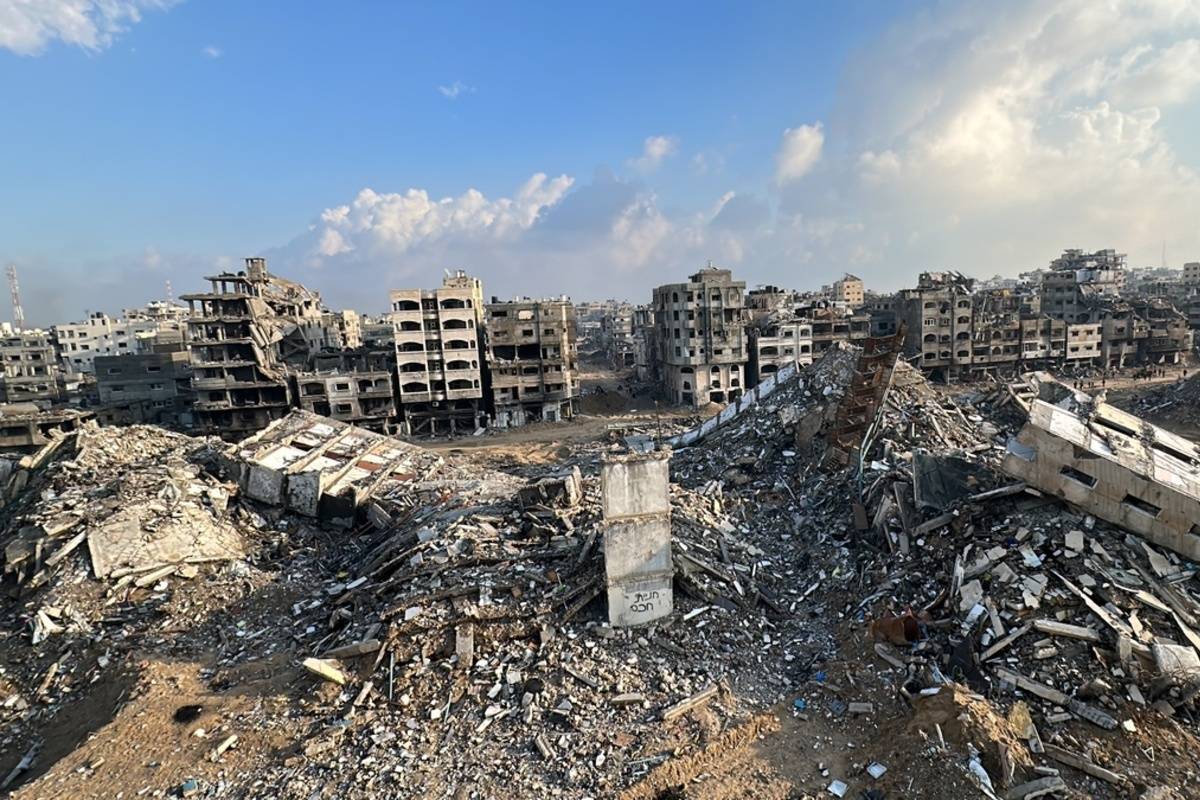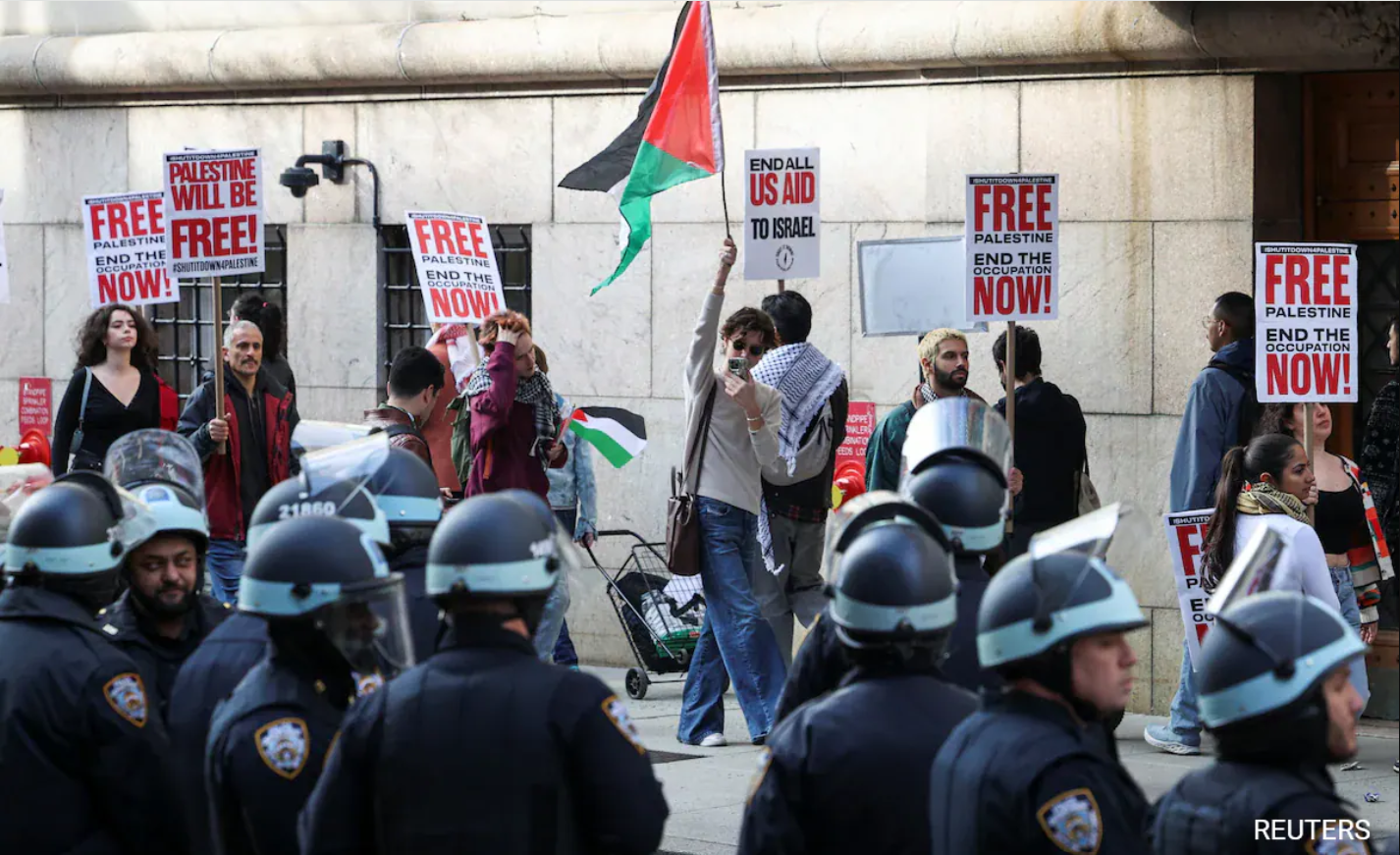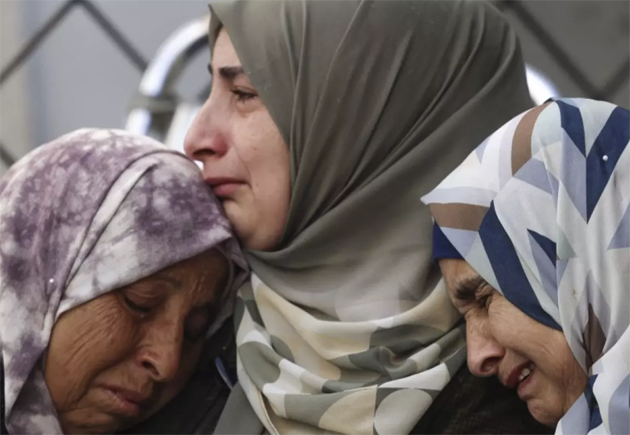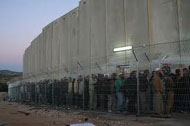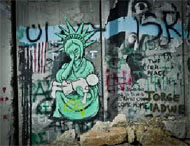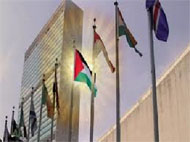
Last week, Palestinians were looking towards Gaza. The Israeli assault was turning buildings into piles of rubble and bodies of civilians, women and children included were being pulled out. The destruction may have been in Gaza but the pain and agony transcended beyond the border fence of Gaza into the West Bank. All Palestinians had the same thing on their mind: that troubled coastal strip on Palestine’s Mediterranean border to the west. Last week it was Gaza that occupied Palestinians’ minds regardless of ideological differences and geographical distances. Today once again, Palestinians all over are united as they set their eyes on New York in hopes that nations would respond to their yearning for freedom, justice and human dignity.
Exactly a week ago, on Wednesday evening, Hamas and Israel agreed to a ceasefire. Earlier that day when the news about a bus explosion in Tel Aviv came out, I did not think there would be an agreement between Hamas and Israel at all let alone that same day. I was worried that this would provide the pretext Israel was waiting for to declare the ground invasion for which it had beefed up its troops around Gaza. When I left Ramallah that Wednesday, all looked calm but I was worried that would be my last visit to the city. Suddenly, the unpredictability and fragility of this particular situation (for me) or life under occupation (for Palestinians) became more relevant and tangible.
Right after I read the news about the Tel Aviv explosion I was talking to a friend, asking him if he heard about the news and if he was worried or nervous. He said he wasn’t: “I’m not nervous; it’s our life, so it’s normal for us”. Before I got over the biting truth of what he said, he continued: “I was born in and spent my life in this situation. I think it would be strange for me if I went somewhere else”. Sadness and frustration started to take over me as I realized what he said was not pessimistic but rather realistic; I started to think about the children of Gaza and what they might have learned from all this insanity around them.
The situation is not much different in the West Bank. Children may not wake up to drones hovering over the skies, or have their daily calorie intake measured by Israel as is the case in Gaza, but they do know what it means to live under military occupation. They see their parents being harassed by 18-19 year old Israeli soldiers with guns; their older brothers get imprisoned without charge, their houses are raided in the middle of the night, they are harassed by violent settlers, they are tear-gassed for protesting and know that live bullets might the retaliation for stone-throwing.
When Palestinian children become grownups they are confronted with the harsh reality that they aren’t really the masters of their fate. Israel and the US or international politics decide much of it for them without their input. Not only are they confronted with this reality but they also have to make peace with it, in order to live a “normal”, sane life. They resist and persevere with all their might and will all the means available to them, but they do so with the understanding that at the end of the day “it’s all in the hands of Israel”. And this has to stop.
That is what the Palestinian bid for a status upgrade is aimed at bringing about; its reaffirmation that Palestinians as a nation have the right to self-determination, independence and the right to decide their own future. While discussing the significance of the UN bid with two Palestinian women, one of them said she doesn’t think it would change much. She said “it’s all in the hands of Israel; if Israel says stop the money, everyone will stop the money and how will we live?” The other one, who was nodding in agreement jumped in to add “and Obama….” she said pointing her forefinger, looking up, and then nodding in utter disappointment “Obama…. “ she repeated, sighed and shook her head again. All she could say about the shattered hopes she had for the US President was embedded in that nod and in her silence, as her words failed her. But the Palestinians’ determination to appeal to the UN against all odds is, as PLO Executive Committee member Dr. Ashrawi said, their assertion that “Palestinians can’t always be blackmailed; that some rights are just not up for sale”.
The Palestinian spirit over this bid may not be half of what it was last year when the full bid for statehood was submitted. But once again, the fate of a people – the Palestinian people – will be decided by others – by those who are far from the scene. And maybe this time, more nations will make their decision based on ideals of peace and justice rather than their political interests. Perhaps many will dare to make history instead of being on the wrong side it.
The status upgrade may not mean much for a people that has long awaited freedom, but favorable response from the General Assembly would afford Palestinians some channels to seek redress for the numerous injustices inflicted on them by the occupation. It may not end the occupation immediately but it would curtail the impunity with which this occupation operates. It is a positive stride forward and one that is needed to undo an occupation that has now reached its climax through gradual developments. As an Amharic saying goes “slowly but surely, an egg will start walking”.
Melkam Lidet is a Writer for the Media and Information Department at the Palestinian Initiative for the Promotion of Global Dialogue and Democracy (MIFTAH). She can be contacted at mid@miftah.org.




